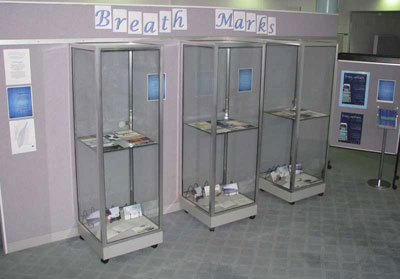Single Island Press First Annual Bashō Prize for a book-length manuscript of haibun.
Prize $1000 plus publication by Single Island Press, Portsmouth NH.
For the purposes of this contest, a haibun consists of two parts: creative non-fiction prose and at least one haiku. The total word count for the book of haibun is 14,000. Again, for our purposes here, a book of haibun is a travelogue, a story of a real journey to a real place (see next paragraph for further suggestions and qualifications).
A definition of the type of prose we are looking for is given in the “Introduction” to Bashō’s Narrow Road: Spring and Autumn Passages (Stone Bridge Press, 1996), by Hiroaki Sato. This edition is invaluable for the student of this important text. The reader of this edition will quickly see that Bashō’s “reality” was a combination of experiences, including those of literary and other traditions. In addition to Bashō’s use of tradition, there’s his broader understanding of humanity insofar as we can retrieve it; here Chuang Tzu plays a major role (see various pages on this website).
The kind of haiku we are looking for can be understood from the examples and discussion on our website, including the blog.
Invaluable as a general introduction is Basho’s Journey: The Literary Prose of Matsuo Bashō, translated and with an introduction by David Landis Barnhill (State University of New York).
In short, the Bashō Prize will be given to an unpublished manuscript that finds new ways of honoring the standards set by Bashō. Obviously, slavish imitations will be tossed.
NOTE: in the unlikely case that a work of sufficient quality fails to show up, The Press reserves the right to forego the award for this year.
The entry fee is $25. Only one MS per person, please. Follow standard MS preparation forms (see The Chicago Manual of Style, 15th edition). Enclose a stamped postcard or use certified mail for confirmation of receipt; MSS will not be returned.
Closing Date: November 30, 2008.
Send MS in triplicate to:
Bashō Prize
Single Island Press
379 State Street
Portsmouth NH 03802

